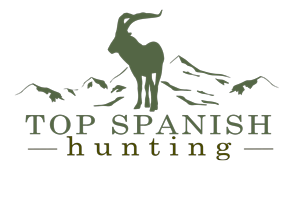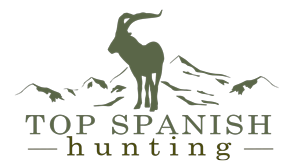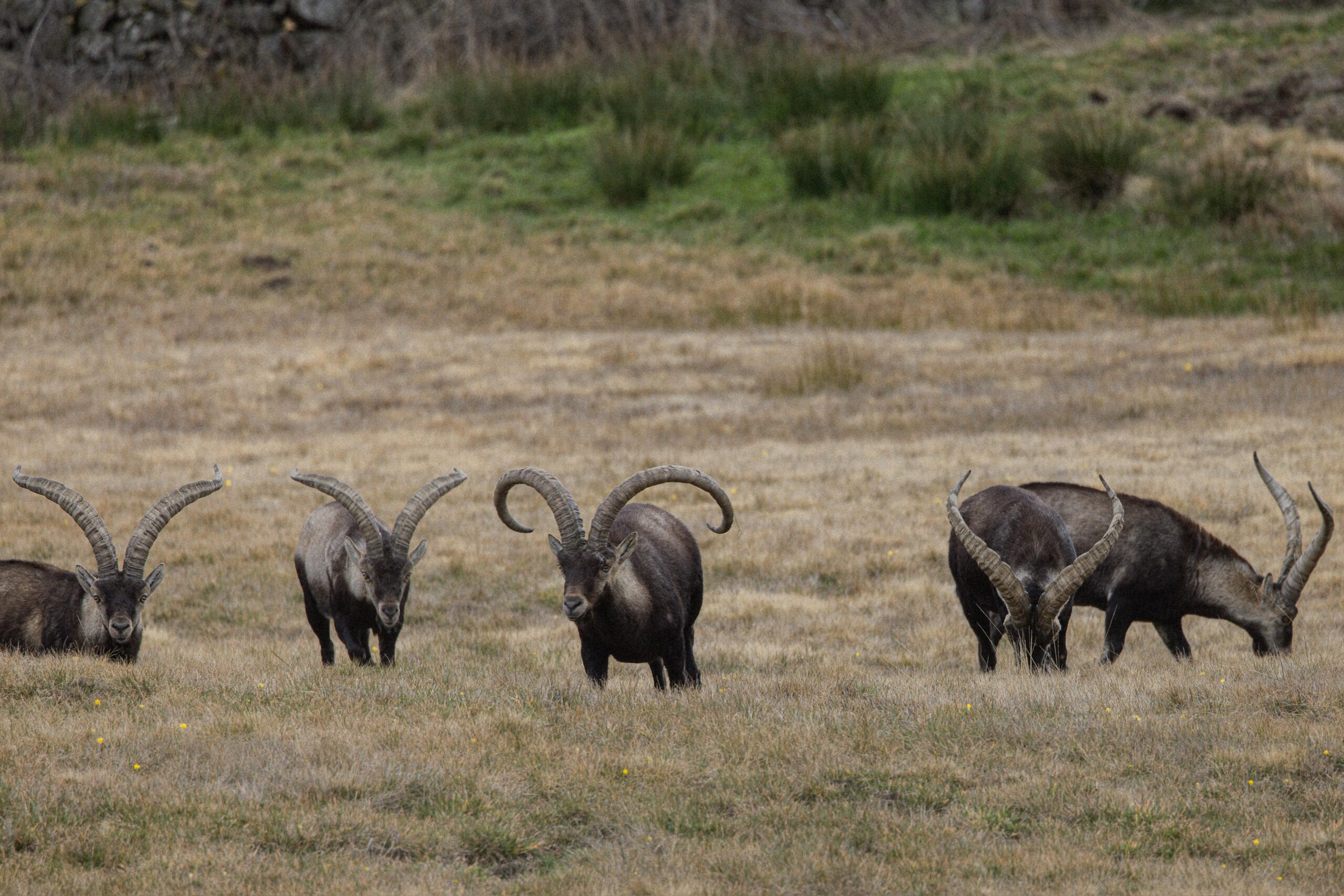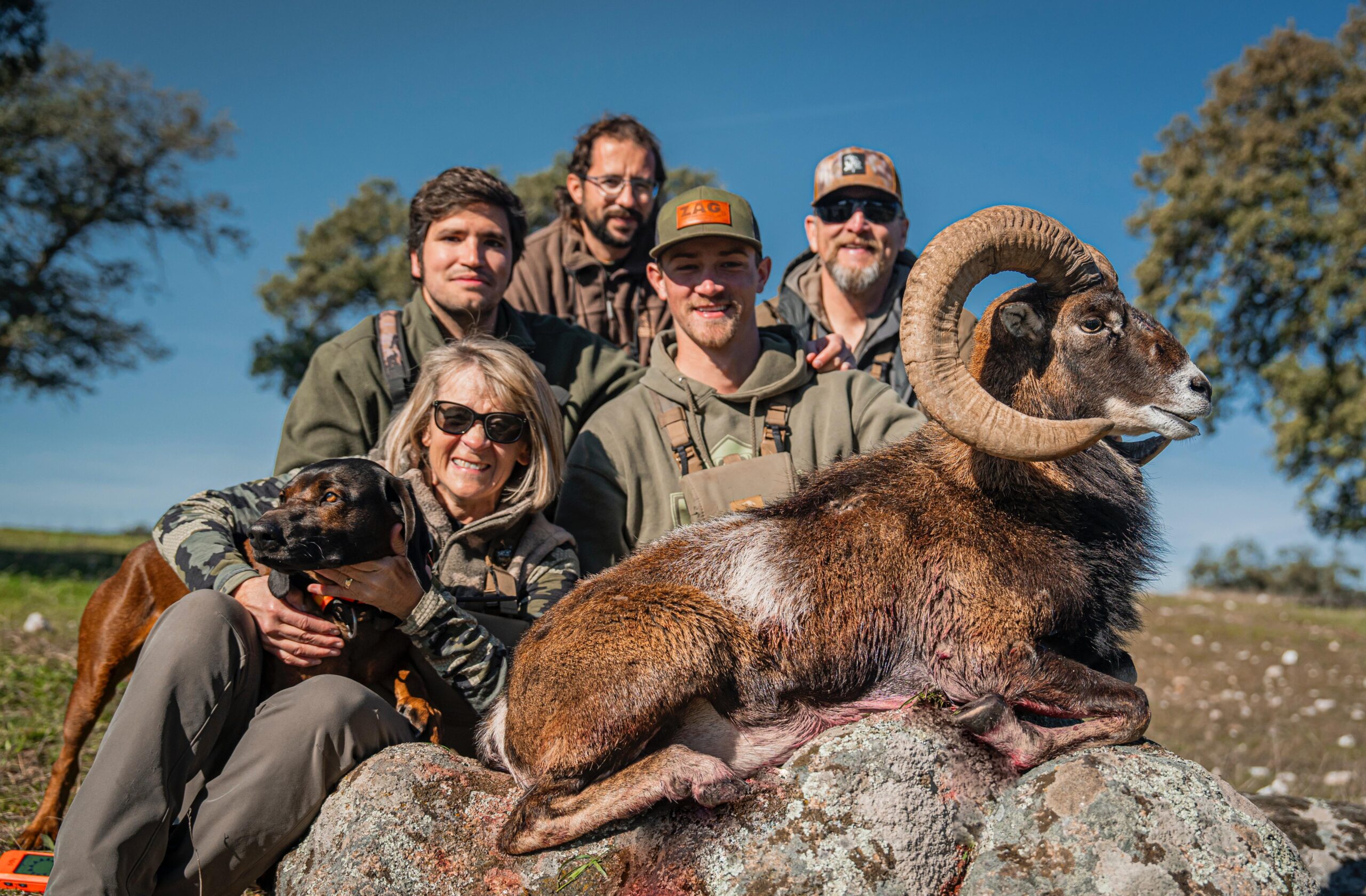Hunting is the activity of tracking, pursuing, and capturing wild animals, whether for subsistence, sport, or wildlife management. Throughout history it has been one of humanity’s oldest practices—first tied to survival and today linked to conservation, culture, and sport.
Hunting combines tradition, skill, and knowledge of the natural environment. Today, beyond being a regulated sport, it plays an essential role in population control and ecosystem balance.
Hunting as a Sport
Millions of people worldwide practice hunting as a recreational and sporting activity. Similar to other outdoor sports like fishing or archery, hunting requires discipline, skill, and strategy.
- Encourages a deeper connection with nature.
- Demands patience, endurance, and technique.
- Is regulated by strict laws to ensure safety and sustainability.
For those interested in practical experiences, Spain offers a variety of opportunities such as guided hunts, driven hunting, and bow hunting.
Hunting as a Tool for Wildlife Management
Hunting and Conservation
It helps maintain balance among species and ecosystems. Without regulation, populations of animals such as deer or wild boar may increase excessively, leading to damage in crops, forests, and even traffic accidents.
Supporting Sustainability
Game management plans set harvest quotas, protecting endangered species while promoting sustainable activity.
Boosting Rural Economies
Hunting generates jobs in rural areas—guides, lodging, gastronomy, and tourism—strengthening local economies. Activities such as bird hunting or trophy hunting also attract international visitors, providing further economic impact.
A Brief History of Hunting
Hunting is as old as humankind itself:
- Prehistory: a vital subsistence activity.
- Middle Ages: tied to nobility and power.
- Modern and contemporary times: regulated as sport and conservation.
Today, in countries like Spain, France, and the United States, hunting remains part of rural culture and tourism. Spain, in particular, is renowned for its ibex hunting and even the exclusive Spanish Ibex Grand Slam.
Benefits of Regulated Hunting
When practiced responsibly and legally, hunting offers significant benefits:
- Protection of game species through regulation.
- Conservation of ecosystems via population control.
- Support for rural economies through hunting tourism.
- Promotion of ethical techniques that minimize animal suffering.
- Cultural and social connection, preserving ancestral traditions.
If you are considering hunting in Spain, it is essential to review hunting prices and available hunting packages to plan a tailored experience.
Is Hunting a Sport?
Hunting often raises debate: is it a sport, a pastime, or simply tradition?
- As a sport, it involves competition, skill, and clear rules.
- As tradition, it preserves centuries-old cultural practices.
- As management, it is a recognized tool for wildlife control.
In many countries, such as Spain, hunting is recognized as a legal sport, provided it is carried out with the proper licenses and within established hunting seasons. You can explore the full hunting calendar to understand when each species can be hunted.
FAQs About Hunting
What is hunting in simple terms?
It is the practice of pursuing and capturing wild animals, regulated today as both sport and wildlife management.
Why is hunting considered important?
Because it helps control populations, conserve ecosystems, and provide economic benefits to rural communities.
Is hunting animal cruelty?
Regulated hunting aims to be ethical, avoiding unnecessary suffering and always respecting conservation laws.
When is hunting not a sport?
When it is done illegally, out of season, or without following regulations.
Do hunters enjoy killing?
The value lies not in the act of killing, but in the overall experience—preparation, skill, contact with nature, and tradition.
Hunting in Today’s World
Hunting has evolved from a survival necessity to becoming a sport, tradition, and conservation tool. Practiced responsibly, it ensures ecosystem balance, boosts rural economies, and preserves cultural heritage.
If you want to learn more about hunting seasons and species, explore Spain’s hunting calendar and plan your next hunting experience in a legal, sustainable, and memorable way.
